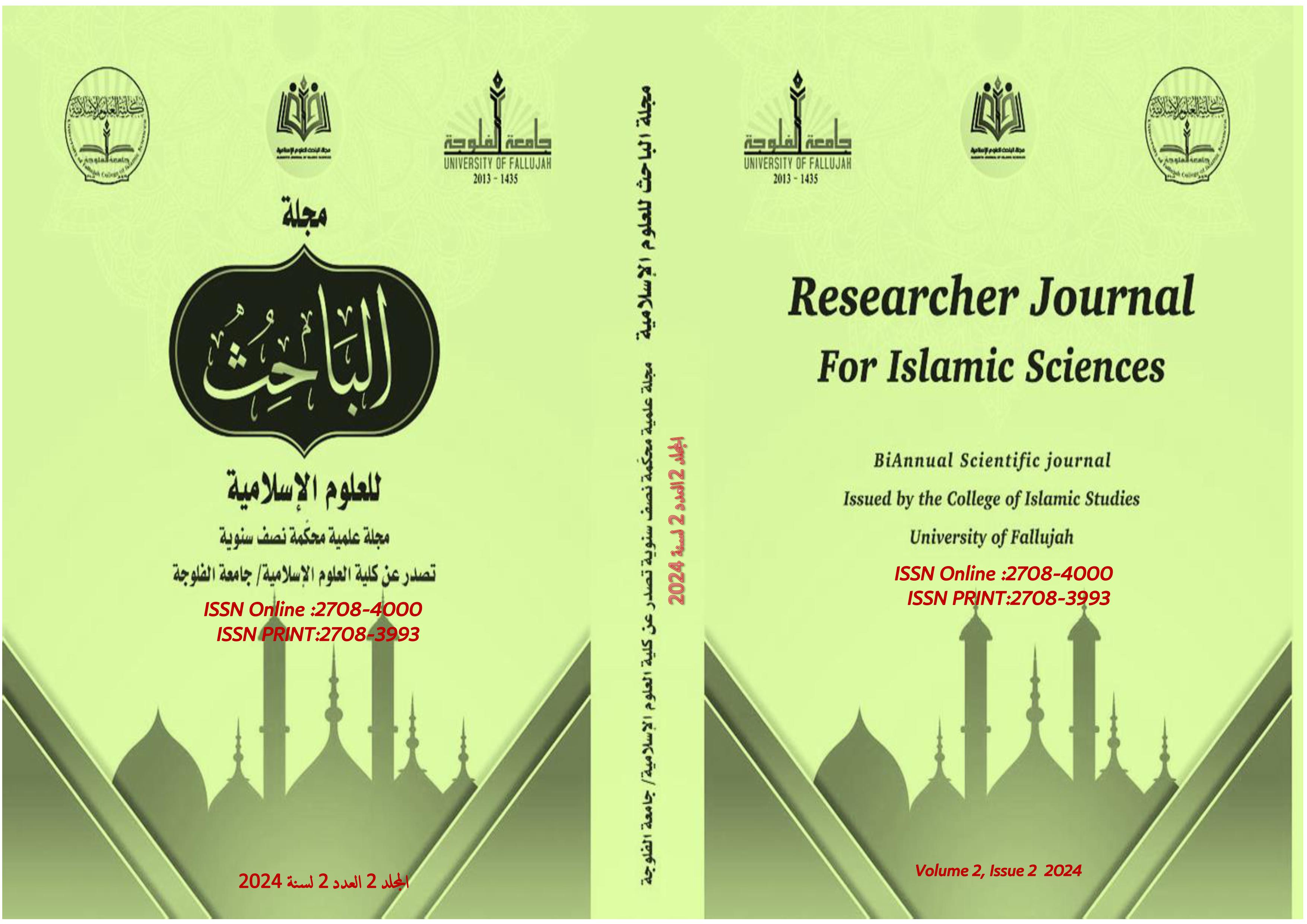Jurisprudential Issues with Two Opinions According to the Shafi’i School in the Book Al-Bayan by Al-Imrani (d. 558 AH) – On the Sale of Impure Goods and Their Impact on Contemporary Fatwas: A Comparative Study
Abstract
Praise be to Allah, the Lord of all worlds, and may the most complete and perfect blessings and peace be upon our Prophet Muhammad, the master of all creation, and upon his family and companions.
This research examines issues with two opinions within the Shafi’i school of thought regarding the “sale of impure goods,” as discussed in Al-Bayan by Imam Al-Imrani (may Allah have mercy on him). This book is considered one of the most important works in the Shafi’i school. The study adopts a comparative fiqh approach by analyzing these issues in light of other recognized Islamic schools of thought. The research is organized into an introduction, two chapters, and a conclusion.
- The first chapter consists of two sections:
- (1)The life of Imam Al-Imrani,
- (2) the methodology of Imam Al-Imrani in his book Al-Bayan).
• The second chapter addresses issues with two opinions on the sale of impure goods and includes three sections.
Keywords:
Two opinions, crops, fruits, Shafi’i school, Al-Bayan, Al-Imrani.Additional Files
Published
How to Cite
Issue
Section
License
Copyright (c) 2025 Researcher Journal of Islamic Sciences

This work is licensed under a Creative Commons Attribution-NonCommercial-NoDerivatives 4.0 International License.
تجربة






